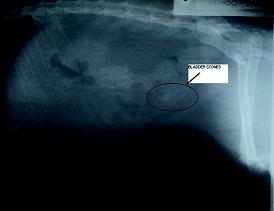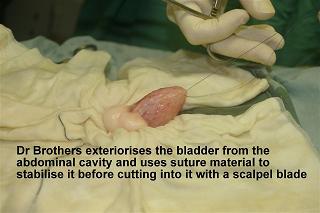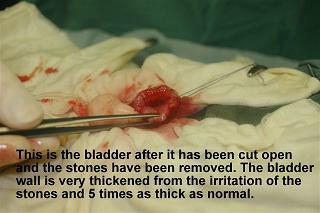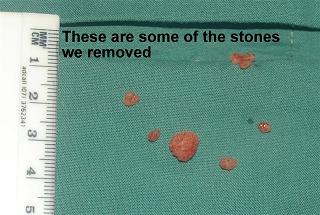Bella – A Feline With Red Urine
Name: Bella
Species: Feline
Breed: DSH
Age: 6 years
History: Bella presented to Wilston Vet because her owner was concerned she had blood in her urine. Bella had no history of environmental change or stress which can be contributing factors to this. She was eating and passing motions normally.
Examination: Firstly, Dr Brothers gave Bella a full physical check which did not reveal any abnormalities.
The next step was to obtain a urine sample to find out what could be causing the blood to be in it. Bella passed one small sample in her litter tray but then unfortunately immediately sat in it so it was unable to be tested. As Bella is of generous size, she can be pre disposed to diabetes so a blood glucose test was conducted. A high level of sugar in the blood, and therefore the urine, can cause a bladder infection as bacteria thrive on the sugar. Bella’s blood glucose reading was normal so therefore she did not have diabetes as a predisposing cause.
The decision was made to treat Bella symptomatically with antibiotics and an anti- inflammatory drug. If there was no improvement within 3-4 days we would need to see Bella again.
Two weeks later Bella was back at the clinic as the blood in her urine had returned and she seemed to be uncomfortable when she was urinating. She was also urinating many times a day, but only small amounts at a time which indicates irritation to the bladder. The plan was to sedate Bella to perform X-Rays of her bladder to check for bladder stones as well as obtain a sterile urine sample for bacterial culture and laboratory testing.
X-Rays showed a cluster of bladder stones.

Bladder stones are formed by different types of crystals and can be caused by a number of factors. These factors include dry foods with high levels of magnesium and phosphate (such as supermarket foods), a genetic predisposition to be “stone former”, a bacterial infection, or even stress. The crystals form in urine that has a high pH (low acidity), as the urine cannot dissolve the crystals before they become a problem. Cats that are overweight are more at risk of developing bladder stones. Other risks include lack of exercise, reduced water intake, living an indoors life and dirty litter trays.
Plan: Now that Bella was diagnosed, the next step was further treatment. For bladder stones this comes in the form of surgery.
Bella was admitted for surgery in the morning and given a light sedative to help her relax and pain relief to keep her comfortable before the procedure. Bella was also put on a drip to help perfuse her vital organs and to help maintain her blood pressure during her general anaesthesia. Dr Brothers made an incision down Bella’s midline and located her bladder in the lower abdomen. First the bladder was emptied by aspiration with a sterile needle and syringe. This was done to stop urine leaking into the abdomen when the bladder is opened.

Then the bladder was opened with a small incision and the stones were scooped out with a spoon-like instrument.

There were over 15 small stones and 2 larger ones.

The urethra, bladder and abdomen were then flushed out using warm saline before being sutured closed.
Bella woke up very quickly from her anaesthesia and immediately appeared to be more comfortable, despite the major surgery she had just undergone. She was placed in a comfortable recovery cage and given a pain relief anti- inflammatory injection.
Bella’s urine was annalysed and it was found that the stones in her bladder were made up of a type of crystal called “struvite”. There was no bacteria at all cultured from her urine that was taken at the time of surgery.
Bella was prescribed a special food called Hills Feline c/d. This food is formulated to dissolve the crystals that form in Bella’s urine and prevent her from getting bladder stones again. She will need to be on this diet for the rest of her life. She can also be fed tinned food with added water to help increase her water intake and therefore dilute her urine further.
Bella was sent home 3 days later with pain relief anti- inflammatory medication as her bladder would be tender and inflamed from her operation for a week or so.
Follow up: 10 days later Bella was back to have her sutures removed, her wound healed well and her owner reported there was no blood in her urine. She also loved her new diet and the staff was pleased to see how happy she was and how quickly she recovered from the surgery.


